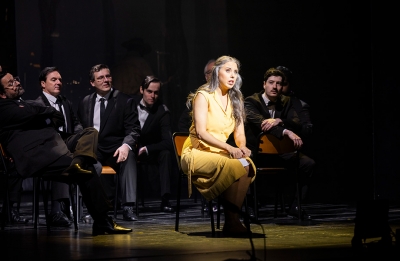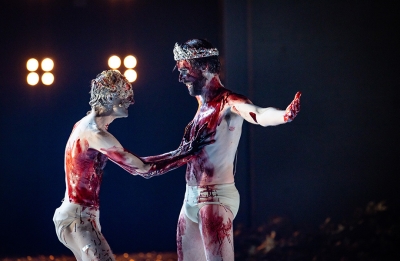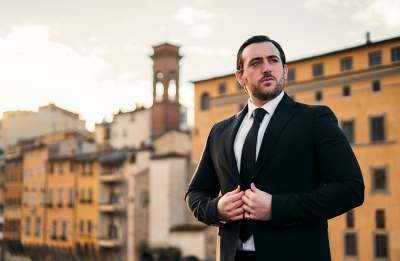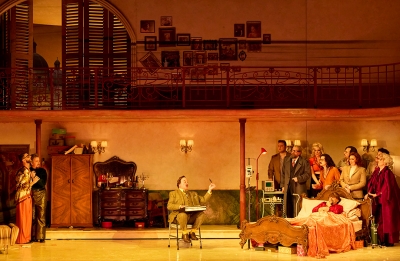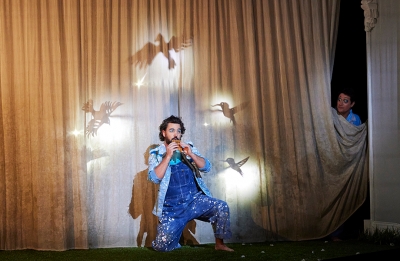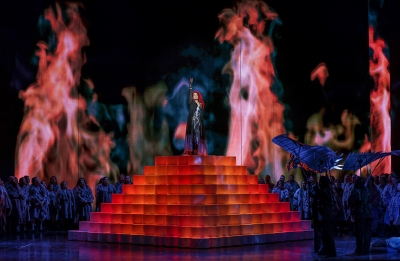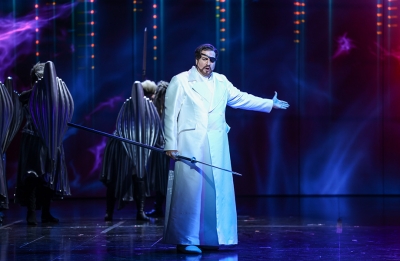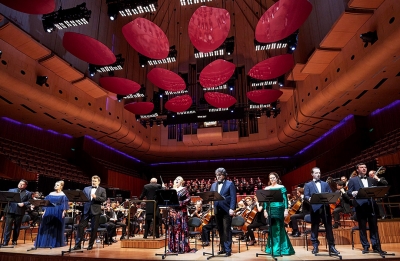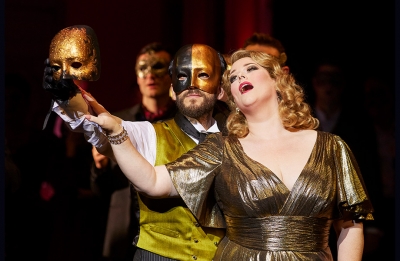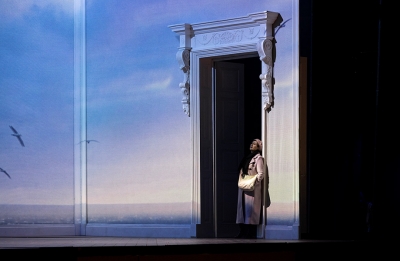Accessibility Tools
- Content scaling 100%
- Font size 100%
- Line height 100%
- Letter spacing 100%
Opera Australia
The ABR Podcast
Released every Thursday, the ABR podcast features our finest reviews, poetry, fiction, interviews, and commentary.
Subscribe via iTunes, Stitcher, Google, or Spotify, or search for ‘The ABR Podcast’ on your favourite podcast app.
The red thread: Xi Jinping’s ideology of power
by Neil Thomas
This week on The ABR Podcast, Neil Thomas reviews On Xi Jinping: How Xi’s Marxist Nationalism is shaping China and the world by Kevin Rudd. Thomas explains that even China watchers find it hard to be clear on the thoughts and plans of the leader of the Chinese Communist Party. They disagree, he tells us, on basic, critical questions, such as for how long Xi will rule. ‘Enter Kevin Rudd’, Thomas writes. ‘In his latest book, former prime minister Kevin Rudd adds a worthy new chapter to his life of public service, digesting thousands of pages of “Xi Jinping Thought” so that you do not have to’. Neil Thomas is a Fellow on Chinese Politics at Asia Society Policy Institute’s Center for China Analysis in Washington DC. Here is Neil Thomas with 'The red thread: Xi Jinping's ideology of power' by Neil Thomas, published in the December issue of ABR.
Recent episodes:
Opera Australia’s appearances in Melbourne have an almost wistful quality these days, given the present closure of the State Theatre. Perhaps OA should take a leaf out of the songbooks of Melbourne Opera and The Australian Ballet and consider hiring the ineradicable Regent Theatre on Collins Street, where AB will soon present Christopher Wheeldon’s new ballet, Oscar (dutiful balletomanes are sure to be dyeing their carnations and perming their locks in preparation for the Wildean opening night on 13 September).
This year marks the centenary of Giacomo Puccini’s sudden death in Brussels while being treated for throat cancer. He was the most famous and celebrated living opera composer. However, Puccini’s posthumous reputation suffered in the latter half of the twentieth century; an infamous comment by renowned musicologist Joseph Kerman in 1952 describing Tosca as ‘a shabby little shocker’, was representative of much of academia’s attitude during this time.
... (read more)The great German director Götz Friedrich asserted that the action of Richard Wagner’s Ring takes place not in thirteenth-century Scandinavia nor in nineteenth-century Germany, but here and now in whichever theatre we are currently located. What he was producing was Welttheater, a piece of theatre which holds up a mirror to the world: ‘Every artistic realization must establish its “today” and “here”, the better to understand the time span which Wagner projects from a mythical past through his own epoch and on into the distant future.’
... (read more)Amilcare Ponchielli (1834–86) wrote ten operas, but only one of them is still performed – La Gioconda – and few attending Opera Australia’s concert performances in Sydney will have heard it often.
... (read more)Whether apocryphal or not, this anecdote tells us a lot about Offenbach and how he was perceived as the epitome of French wit and insouciance, reflected in his many popular operettas. Naturally, his story is far more complex than this glib description, and some of the complexity of his life as an outsider, being both German and Jewish, living in Paris, is mirrored in his final, and many would maintain, his greatest opera.
... (read more)Inspired by everything he had learned and seen at the Mannheim Court in 1777–78, Mozart, aged twenty-four, was primed when he received a commission to write an opera for the 1781 Munich carnival. His years in Mannheim had been formative, exposed as he was to Elector Carl Theodor’s court, which rivalled that of Frederick II, king of Prussia, in discrimination and cultivation.
... (read more)

